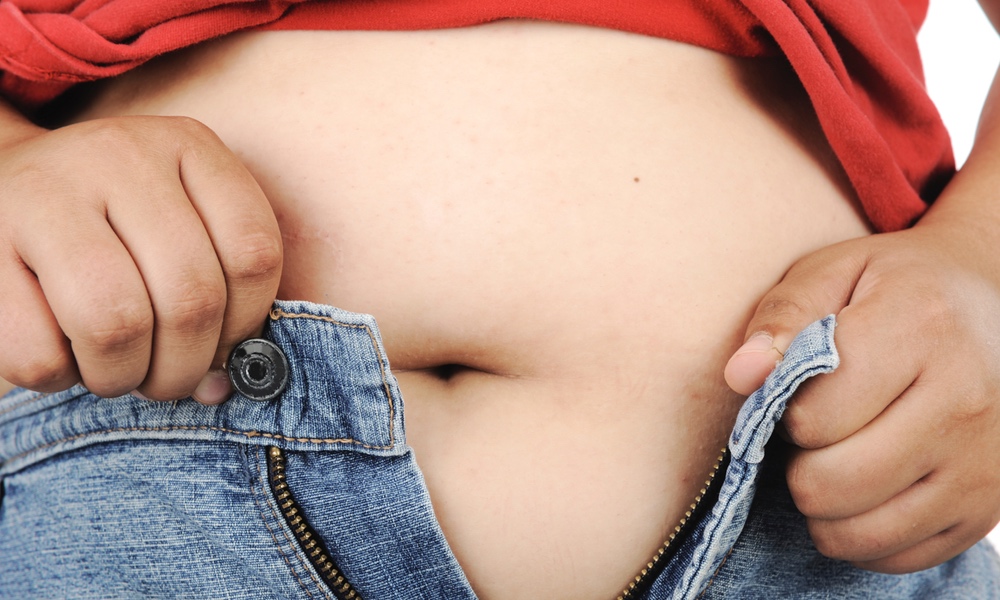Over half of today’s children will be obese by the time they are 35 years old. That's a prediction based on research from the Harvard T. H. Chan School of Public Health.
Childhood obesity has more than tripled since the 1970s. Currently, about 18 percent of children ages 6 to 19 are obese. If the trend continues, 57 percent of today’s children will become obese adults by the time they reach the age of 35, the researchers say.
The prediction is based on data from five studies that included nearly 42,000 children and adults. Using a computer simulation model, researchers created a representative population of one million “virtual” children that predicted how today’s obesity rates would affect children as they reached the age of 35.Even children who are currently at a healthy weight have only about a 50 percent chance of avoiding obesity as adults.
By age two, the model showed, racial and ethnic disparities in obesity are already apparent. African Americans and Hispanics are more likely to be obese than whites of all ages.
The model also found that children who are currently at a healthy weight have only about a 50 percent chance of avoiding obesity as adults.
“Adult obesity is linked with increased risk of diseases such as diabetes, heart disease and cancer,” Zachary Ward, lead author of the study, said. “Our findings highlight the importance of prevention efforts for all children as they grow up, and of providing early interventions for children with obesity to minimize their risk of serious illness in the future.”
It is hard to reverse obesity once it begins, regardless of age, so it's smart for parents to try to thwart weight gain before it happens. There are school and community programs that stress the importance of a healthy diet and physical activity to prevent childhood obesity, but parents would be wise not to rely on these programs alone.
These changes and others like them have to become family priorities if the trend toward obesity is to be reversed.
The study is published in the New England Journal of Medicine.





